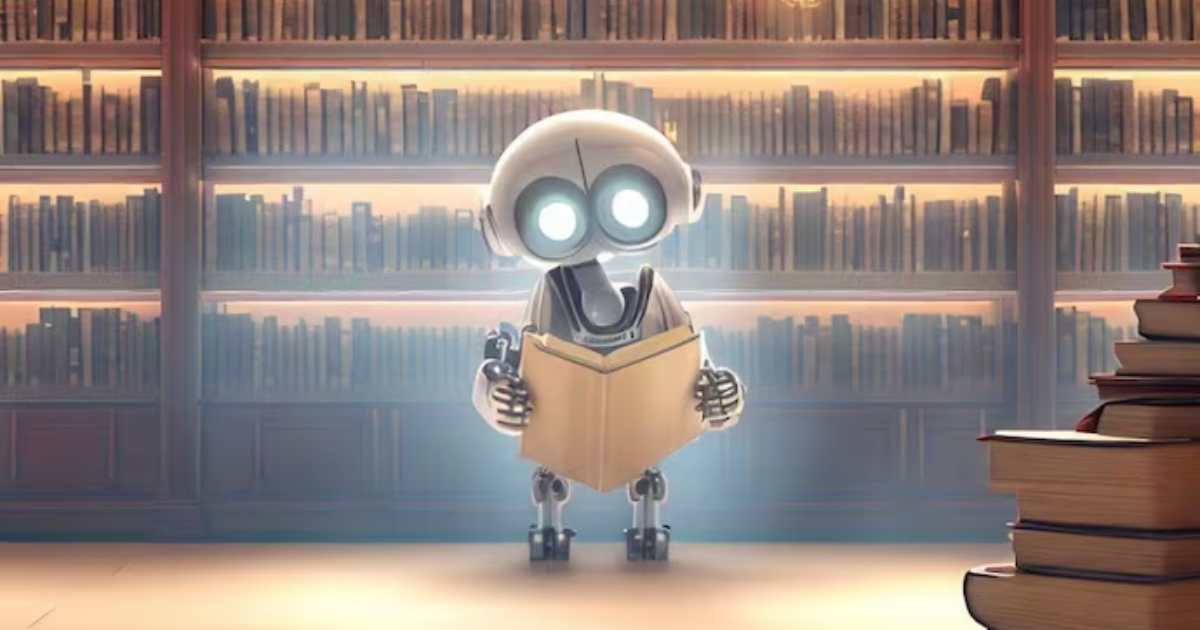Unauthorized Use of Authors’ Works in AI Training

Nearly 200,000 books have been employed to train artificial intelligence AI training systems without the authors’ consent, raising ethical concerns among writers. This practice, using a system called Books3, relies on a collection of pirated e-books that encompass various genres, from erotic fiction to prose poetry. koin303
AI systems require high-quality text data for training, and while some text can be sourced from internet articles, books are considered vital for high-quality AI. However, Books3 has come under scrutiny and faces legal action from multiple companies, including Meta.
Authors React with Outrage
Authors are discovering that their books have been used to train AI without their knowledge or permission, leading to feelings of frustration and helplessness. Mary H. K. Choi, the author of “Emergency Contact,” expressed her outrage and frustration on social media. She explained that her book, which went on to become a New York Times bestseller, was deeply personal, making the unauthorized use even more distressing. coin303
Authors Assert Their Rights
Min Jin Lee, author of “Pachinko” and “Free Food for Millionaires,” called the use of her books “a theft.” Nora Roberts, a prolific romance novelist, expressed her displeasure with tech companies using authors’ works without permission or compensation. Nik Sharma, the author of “Season,” noted that while he expected exploitation in the AI domain, the lack of contact or payment was particularly aggravating.
Authors Speak Out for Fair Compensation
James Chappel, the author of an academic book, was more accepting of the situation, stating he wanted his book to be read and educate. However, the unauthorized use of authors’ works in AI has raised concerns about the fair treatment of creators. The Writers Guild of America even went on strike to demand limits on AI use in writing films and TV shows.
The Broader Impact on Art and Creators
AI’s increasing use in art, including text and image generation, is causing significant concern among creators. This situation mirrors a similar issue faced by visual artists last year, where their work was used to train AI without permission. The entire conversation around AI’s reach into the creative arts underscores the need for ethical and responsible AI innovation.
Efforts to Address the Issue
The issue surrounding unauthorized AI training with authors’ works comes at a time when the US President, Joe Biden, has announced plans to introduce an executive order on AI. This executive order aims to promote responsible AI innovation.
Authors Unite Against AI Exploitation
Authors and artists are calling for unity in the fight against the unauthorized use of their works for AI training. Nora Roberts encouraged creators to stand up for their work and support each other. She also called on readers and viewers to stand with creators on this vital issue.
In conclusion, the unauthorized use of authors’ works in AI training without compensation or consent raises ethical concerns and has ignited a broader conversation about the impact of AI on the creative arts.